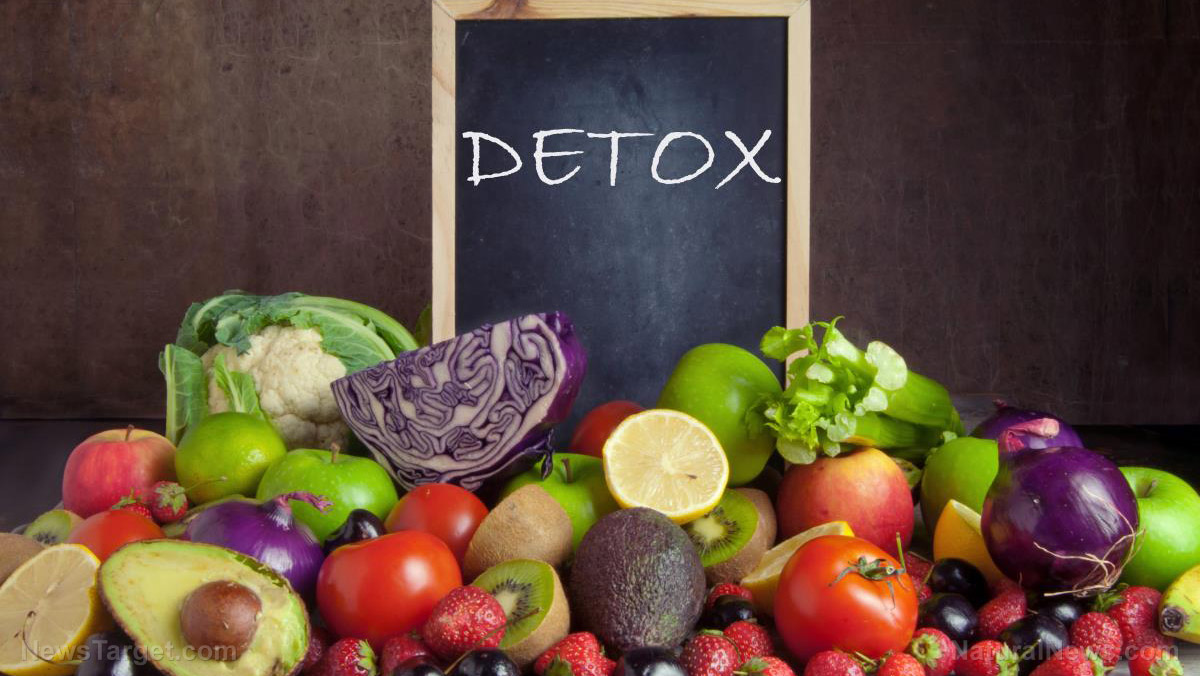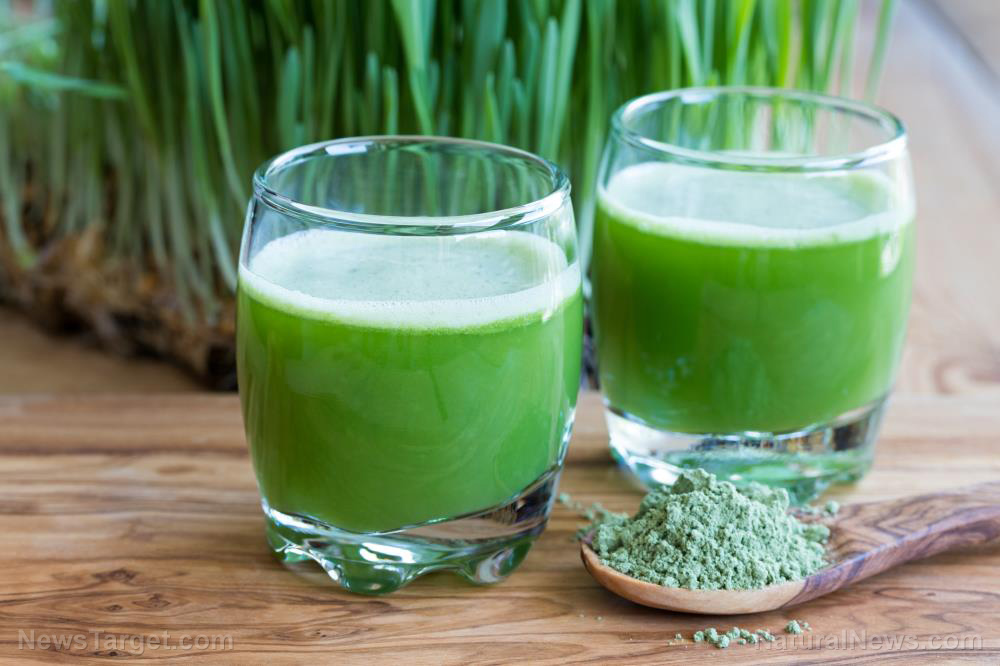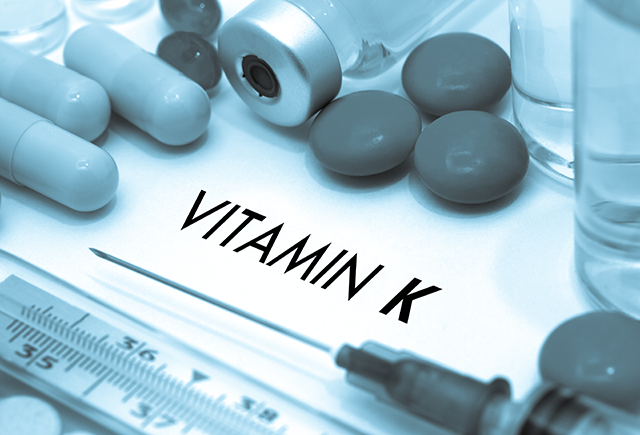Adding milk to coffee can help fight inflammation, suggests study
02/13/2023 / By Zoey Sky

Coffee is one of the most popular beverages around the world. And while some people like drinking it with other ingredients like creamer, sugar or flavored syrups, others prefer drinking black coffee.
But according to a study, drinking coffee with milk can help protect against inflammation.
In a preliminary study of isolated cells, researchers found that the specific combination of coffee and milk may have inflammation-fighting properties.
The study was conducted by scientists from the University of Copenhagen who set out to determine how polyphenols, the compounds commonly found in plant foods like coffee that are known to fight inflammation, bind to milk proteins and boost their anti-inflammatory effects.
The research team caused artificial inflammation in immune cells and then treated those cells with either polyphenols alone or polyphenols that had reacted with proteins in milk.
How polyphenols and milk proteins protect against inflammation
Upon examining data from their experiments, the researchers found that the immune cells that received the polyphenols-milk protein combination were twice as effective at fighting inflammation.
This suggests that enjoying your breakfast with a combination of the polyphenols found in coffee and milk proteins may help protect your body against inflammation.
The researchers specifically tested coffee drinks with milk to confirm if the phenomenon occurred.
Professor Marianne N. Lund, one of the lead authors of the study, explained that the results showed that the reaction between polyphenols and proteins also occurred in some of the coffee drinks with milk that they studied. (Related: Study: Cherries can help fight heart disease, diabetes and other inflammatory diseases.)
Lund also thinks that the polyphenol-protein anti-inflammatory benefit can also occur in other food or beverage pairings. She suggested that something similar could happen in a meat dish with vegetables or a smoothie made with some protein like milk or yogurt.
Since this is a preliminary study on isolated cells, the research team plans to continue studying this phenomenon in animals and then humans to learn more about it on a more practical level.
“It is clearly imaginable that this cocktail could also have a beneficial effect on inflammation in humans. We will now investigate further, initially in animals. After that, we hope to receive research funding, which will allow us to study the effect on humans,” concluded Lund.
Other ways to boost your intake of polyphenols
While scientists continue to examine the potential health benefits of coffee and milk, here are other polyphenol-rich foods that can help prevent inflammation:
Eat more foods full of polyphenols
According to data, there are over 100 foods that are known to be rich in polyphenols.
Here are some polyphenol-rich superfoods that you can add to your regular diet:
- Black chokeberry
- Black elderberry
- Celery seed
- Chestnuts
- Cloves
- Cocoa powder
- Dark chocolate
- Flaxseed meal
- Mexican oregano (dried)
- Star anise
Aside from milk, you can add some superfoods from this list to your morning coffee like cocoa powder, dark chocolate or flaxseed.
Try using a collagen supplement
If you also want to boost your bone and skin health, try adding collagen powder to your coffee.
A high-quality collagen supplement that contains proteins and antioxidants can support your immune system along with your bone and skin health.
Stick to plain coffee
While the study suggests that drinking coffee with milk may help fight against inflammation, that doesn’t mean you should start every day with a sugary iced coffee.
Many coffee drinks with different add-ons have more sugar than a can of soda. This is bad for your health, especially if you drink a lot of syrupy sweet iced coffee, because sugar is known to trigger inflammation.
Preliminary research suggests that the polyphenols in coffee and the proteins in milk react to help boost your cells’ inflammation-fighting powers. While more research can help scientists understand this impressive health benefit, follow a balanced diet and eat fruits and vegetables full of compounds like polyphenols to protect against inflammation.
Other ways to make your coffee healthy
Aside from adding milk, here are other ways to make your cup of joe healthy:
Choose a quality brand of organic coffee
The quality of your coffee will depend on the processing method and how the coffee beans were grown.
Coffee beans are often sprayed with synthetic pesticides and other chemicals that are bad for your health. If you are worried about the pesticide content of your coffee, try buying organic coffee beans.
Organic coffee beans should contain much lower amounts of synthetic pesticides.
Add a bit of cinnamon
Cinnamon is a flavorful spice and it also pairs nicely with the flavor of coffee.
According to research, cinnamon can help lower blood glucose, cholesterol and triglycerides in people with diabetes. If you need some flavor, but are watching your sugar intake, add a dash of cinnamon to your cup of joe.
To lower the risk of potential adverse effects, buy Ceylon cinnamon instead of the more common Cassia cinnamon.
Add some cocoa
Cocoa is a superfood full of beneficial antioxidants. It is also linked to several health benefits, such as a lower risk of heart disease.
The next time you’re making coffee, add a dash of cocoa powder for some added flavor.
Many coffee shops serve caffe mocha, a chocolate-flavored version of caffe latte. However, caffè mocha is usually sugar-sweetened, which can be bad for your health if you need to monitor your sugar consumption.
Instead, check recipes online and make caffe mocha at home, but skip the added sugar.
Don’t add too much sugar
Coffee by itself is healthy, but adding too many ingredients like sugar and flavored syrups can turn it into something harmful.
Keep in mind that added sugar is probably one of the worst ingredients in the modern diet. Sugar, mainly due to its high amount of fructose, is linked to many health issues such as obesity and diabetes.
If you can’t drink black coffee, try a natural sweetener like stevia or add a bit of cinnamon or cocoa to your cup of joe.
Avoid low-fat and artificial creamers
If you love coffee, but are watching your weight, using ingredients like low-fat and artificial creamers may seem like a good idea. But products like commercial low-fat and artificial creamers are usually highly processed and may contain ingredients with adverse effects.
Also, there isn’t much research on how non-dairy coffee creamers affect human health. While their contents vary by brand, some may be healthier than others.
However, in general, it is better to use whole, natural foods. Instead of a non-dairy creamer, try adding some full-fat cream in your coffee, preferably from grass-fed cows.
According to research, milk products contain some important nutrients. Dairy is a great source of calcium and it may help reduce the risk of osteoporosis and bone fractures.
Grass-fed cow’s milk contains some vitamin K, which can also help boost bone health.
Drink coffee with a bit of milk to help protect your body against inflammation.
Watch the video below to learn how to make banana milk coffee.
This video is from the Frozen In Time channel on Brighteon.com.
More related stories:
Astaxanthin: The most powerful antioxidant from Mother Nature.
4 Health benefits of cinnamon, a powerful spice that can help reduce blood sugar levels.
Consume foods rich in omega-3s to support brain and heart health.
Sources include:
Submit a correction >>
Tagged Under:
alternative medicine, anti-inflammatory, coffee, food is medicine, functional food, inflammation, ingredients, milk, milk proteins, natural cures, natural health, natural medicine, nutrients, nutrition, polyphenols, prevention, tips
This article may contain statements that reflect the opinion of the author
RECENT NEWS & ARTICLES
COPYRIGHT © 2017 ALTERNATIVE MEDICINE NEWS




















